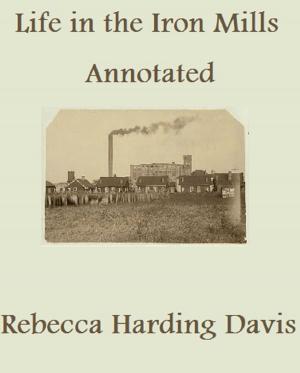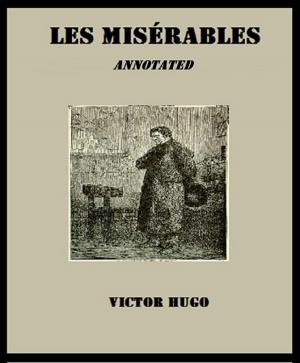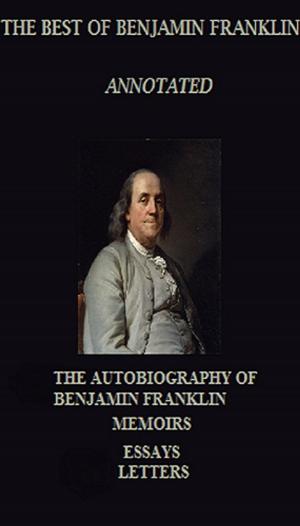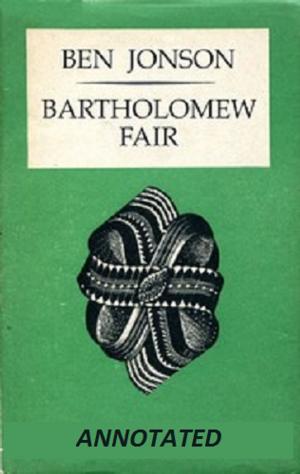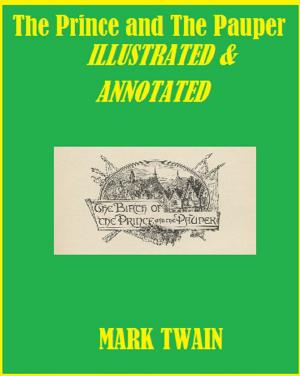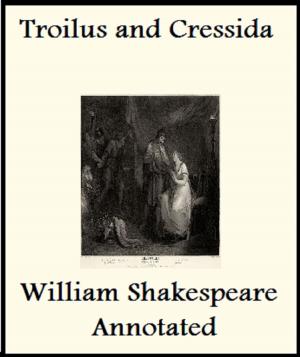| Author: | Charles Dickens | ISBN: | 1230000782395 |
| Publisher: | Bronson Tweed Publishing | Publication: | November 17, 2015 |
| Imprint: | Language: | English |
| Author: | Charles Dickens |
| ISBN: | 1230000782395 |
| Publisher: | Bronson Tweed Publishing |
| Publication: | November 17, 2015 |
| Imprint: | |
| Language: | English |
The Chimes: A Goblin Story of Some Bells that Rang an Old Year Out and a New Year In, a short work by Charles Dickens, was written and published in 1844, one year after A Christmas Carol and one year before The Cricket on the Hearth. It is the second in his series of "Christmas books": five short books with strong social and moral messages that he published during the 1840s.
One New Year's Eve, Trotty, a poor old "ticket-porter" or casual messenger, is filled with gloom at the reports of crime and immorality in the newspapers, and wonders whether the working classes are simply wicked by nature. His daughter Meg and her long-time fiancé Richard arrive and announce their decision to marry next day. Trotty hides his misgivings, but their happiness is dispelled by an encounter with the pompous Alderman Cute, plus a political economist and a young gentleman with a nostalgia, all of whom make Trotty, Meg and Richard feel they hardly have a right to exist, let alone marry.
This edition has been formatted for your reader, with an active table of contents. This book is also annotated, with additional information about the book and its author, including an overview, development history, plot, characters, themes, significance, adaptations, biographical and bibliographical information.
The Chimes: A Goblin Story of Some Bells that Rang an Old Year Out and a New Year In, a short work by Charles Dickens, was written and published in 1844, one year after A Christmas Carol and one year before The Cricket on the Hearth. It is the second in his series of "Christmas books": five short books with strong social and moral messages that he published during the 1840s.
One New Year's Eve, Trotty, a poor old "ticket-porter" or casual messenger, is filled with gloom at the reports of crime and immorality in the newspapers, and wonders whether the working classes are simply wicked by nature. His daughter Meg and her long-time fiancé Richard arrive and announce their decision to marry next day. Trotty hides his misgivings, but their happiness is dispelled by an encounter with the pompous Alderman Cute, plus a political economist and a young gentleman with a nostalgia, all of whom make Trotty, Meg and Richard feel they hardly have a right to exist, let alone marry.
This edition has been formatted for your reader, with an active table of contents. This book is also annotated, with additional information about the book and its author, including an overview, development history, plot, characters, themes, significance, adaptations, biographical and bibliographical information.
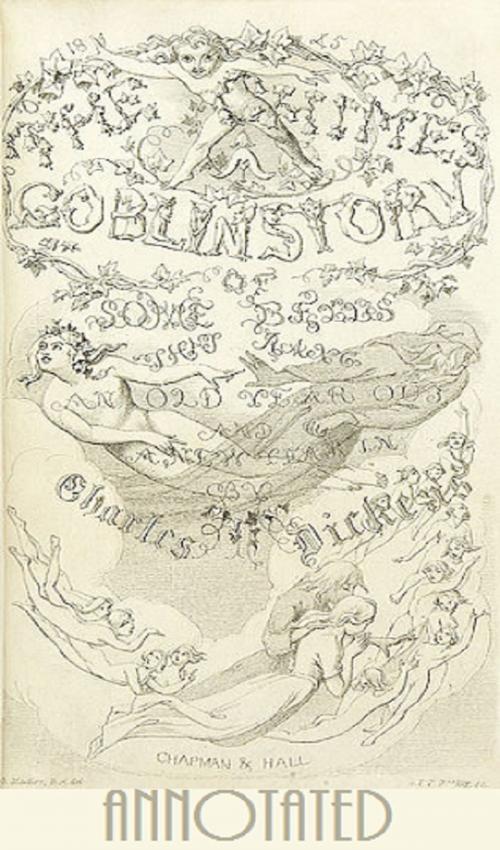
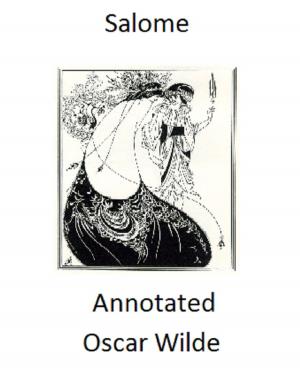
![Cover of the book Love and Freindship [sic] (Annotated) by Charles Dickens](https://www.kuoky.com/images/2015/september/300x300/1230000651271-2Kai_300x.jpg)

